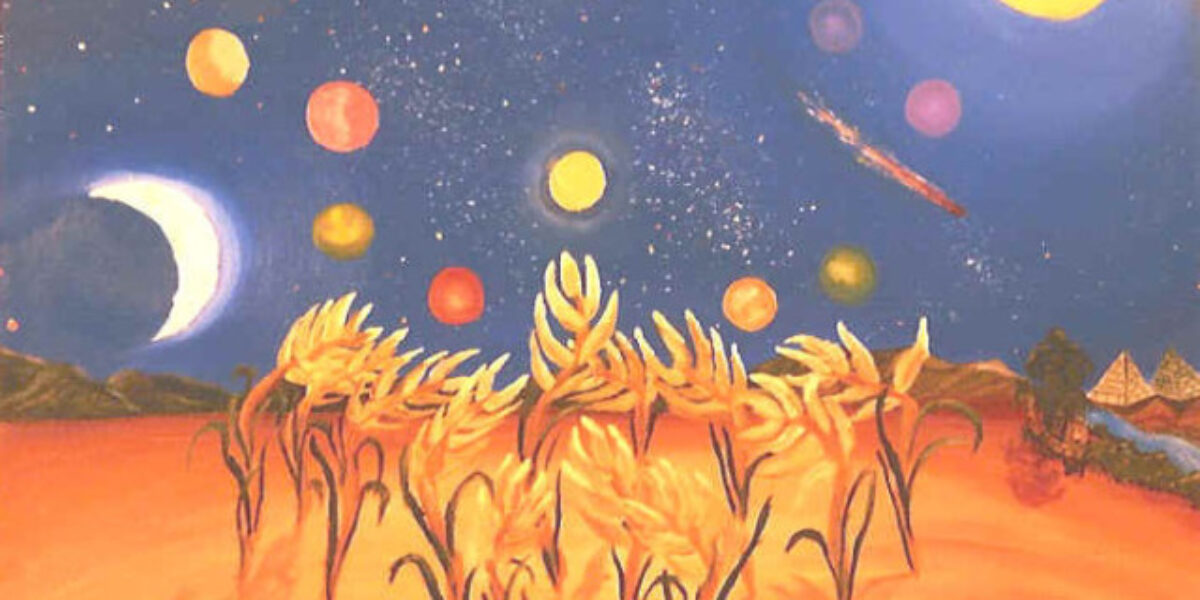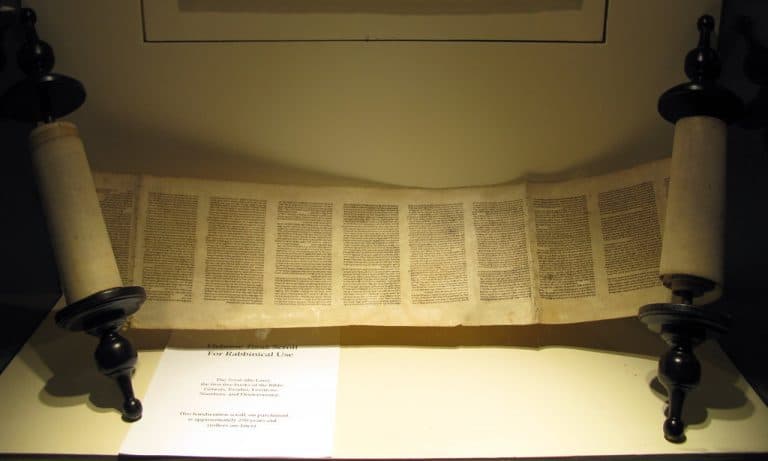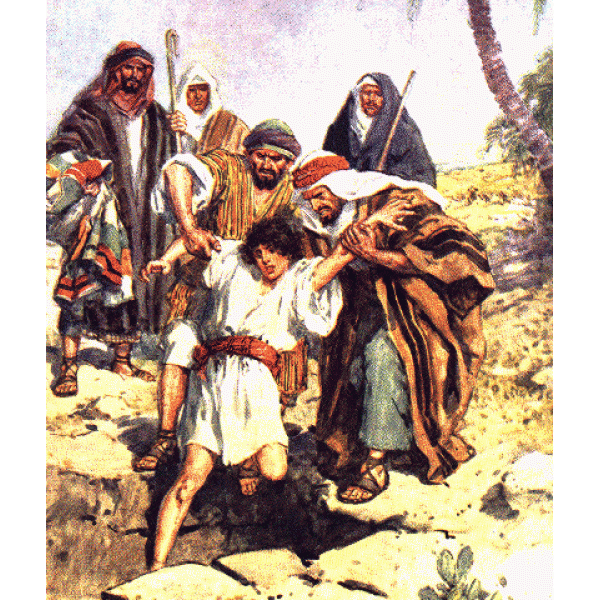Mikeitz – Gen. 41:1-44:17 (Dec. 18/19)
As the Torah Turns
Rabbi Lader’s Weekly D’var Torah
Mikeitz – Gen. 41:1-44:17 (Dec. 18/19)
As we count down seven weeks to our virtual congregational retreat (January 29-30th), “Building Character – Making a Mensch,” featuring Dr. Greg Marcus, the founder of American Mussar, I thought it would be interesting to share insights into our Torah portions through the lens of Mussar. Mussar teachers through the centuries have sought deep, accurate, and useful insights into human life. These insights are based on different “middot” – the Hebrew term for “inner/character traits.” What makes us unique individuals, and what carves out a specific path for each of us, is the fact that those traits reside within each of us in different measures. (As it happens, the Hebrew word of measure is “middah.”) Our Torah portion this week is Mikeitz – Gen. 41:1-44:17. We left Joseph last week forlorn, forgotten, and left in prison, after he had interpreted dreams of the Pharaoh’s baker and cupbearer. Mikeitz opens with Pharaoh’s dreams, which none of his own interpreters or magicians can interpret. Suddenly, the royal cupbearer remembers Joseph – and recommends him to Pharaoh. Joseph is cleaned up and given a new set of clothes and brought before Pharaoh to interpret his dreams. Before he begins, he says: “Not I – It is God Who will account for Pharaoh’s well-being.” (Gen. 41:16) As he interprets the dreams, Joseph continues to give God credit for his perceived abilities. Pharaoh responds with: “Is there anyone like this to be found, a man with the spirit of God in him?” (Gen. 41:38) From his cocky teen years, tattling on his brothers, being doted on by his father, sharing his own “I’m the center of the world” dreams… basically being very self-centered… to his being sold into slavery by his brothers, imprisoned in Egypt, and now standing before Pharaoh, Joseph has developed his faith – the middah of emunah. This is a faith in something beyond ourselves; this is a faith in God. Many of us struggle with the kind of faith/emunah that is described in the biblical narrative. Rabbi Lisa D. Grant teaches that “faith may not help if material reward is our end goal… Cultivating faith can lead to greater patience, courage in facing hardship and the unknown, and acceptance that so much of life is beyond our control.” Faith is not something that can be understood intellectually or rationally, but needs to be learned from deep experience and reflection.
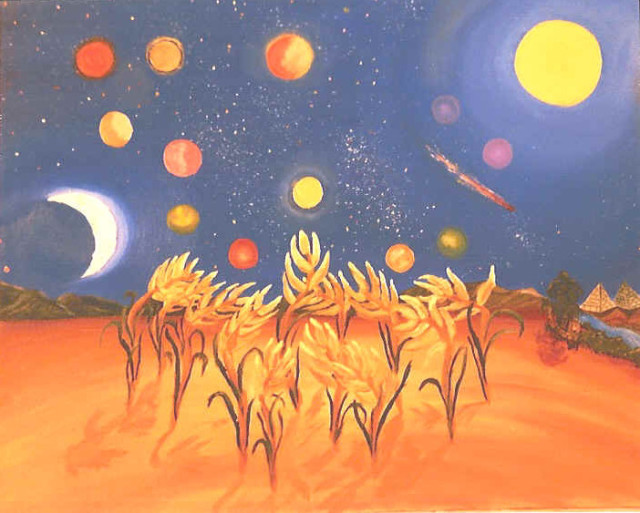
Joseph went through many difficult times and many opportunities for reflection and maturity. In the course of our lives… in the course of these Covid times… we, too, might find ourselves in difficult or frustrating situations. From the Mussar lens of emunah, you might consider:
- What happens when you stop and ask yourself – where is God for me at this moment? How does asking that question shape your understanding and experience of what may happen?
- How has emunah helped you overcome an obstacle or to cope with a challenge?
Next week, we take a look at the middah/ character trait of bitachon – trust.
* Rabbi Grant’s commentary is found in The Mussar Torah Commentary: A Spiritual Path to Living a Meaningful and Ethical Life, CCAR Press, 2020.
From Previous Weeks
Vayishlach – Genesis 32:4 – 36:43 (Dec. 4/5)
“Your name shall no longer be Jacob, but Israel…”
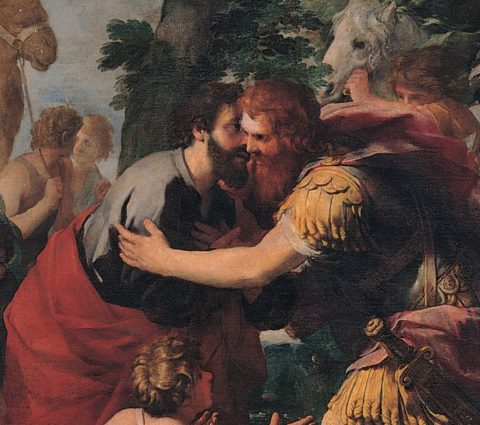
Toledot – Gen. 25:19-28:9 (Nov. 20/21)
This is a story of parental love… and favorites… and birthrights and blessings.
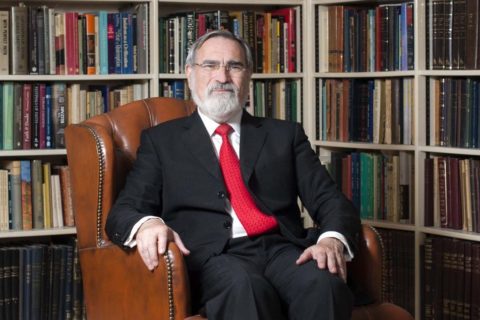
Chayei Sarah – Genesis 23:1 – 25:18 (Nov. 13/14)
Why is a parsha about death called “life”?

Bereishit – Gen. 1:1-6:8 (Oct. 16/17)
Every soul consists of both a male and female persona…

